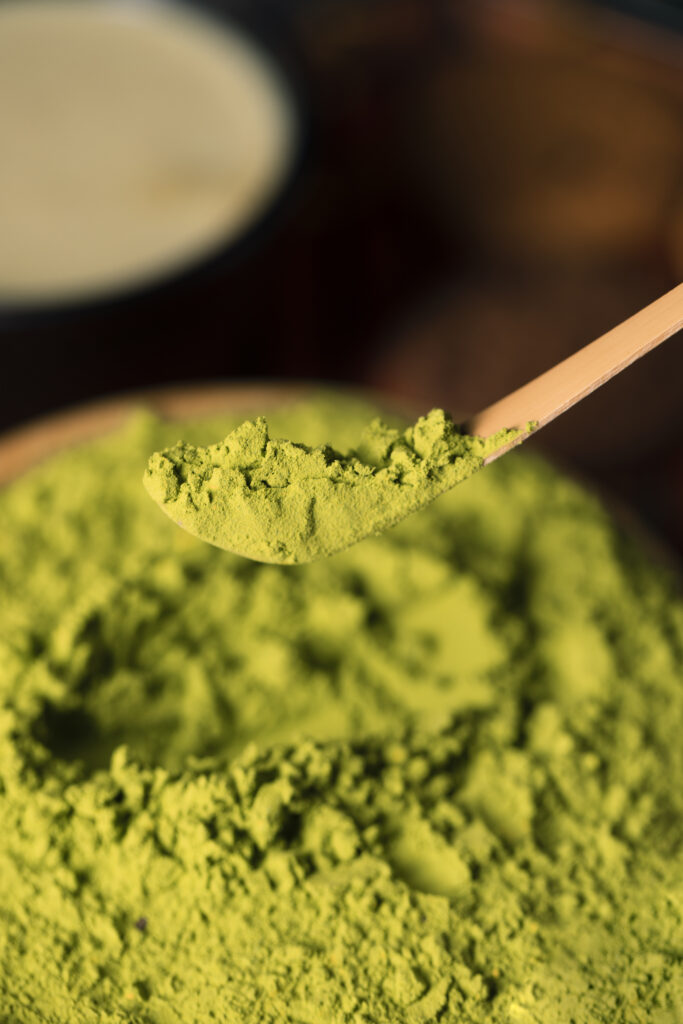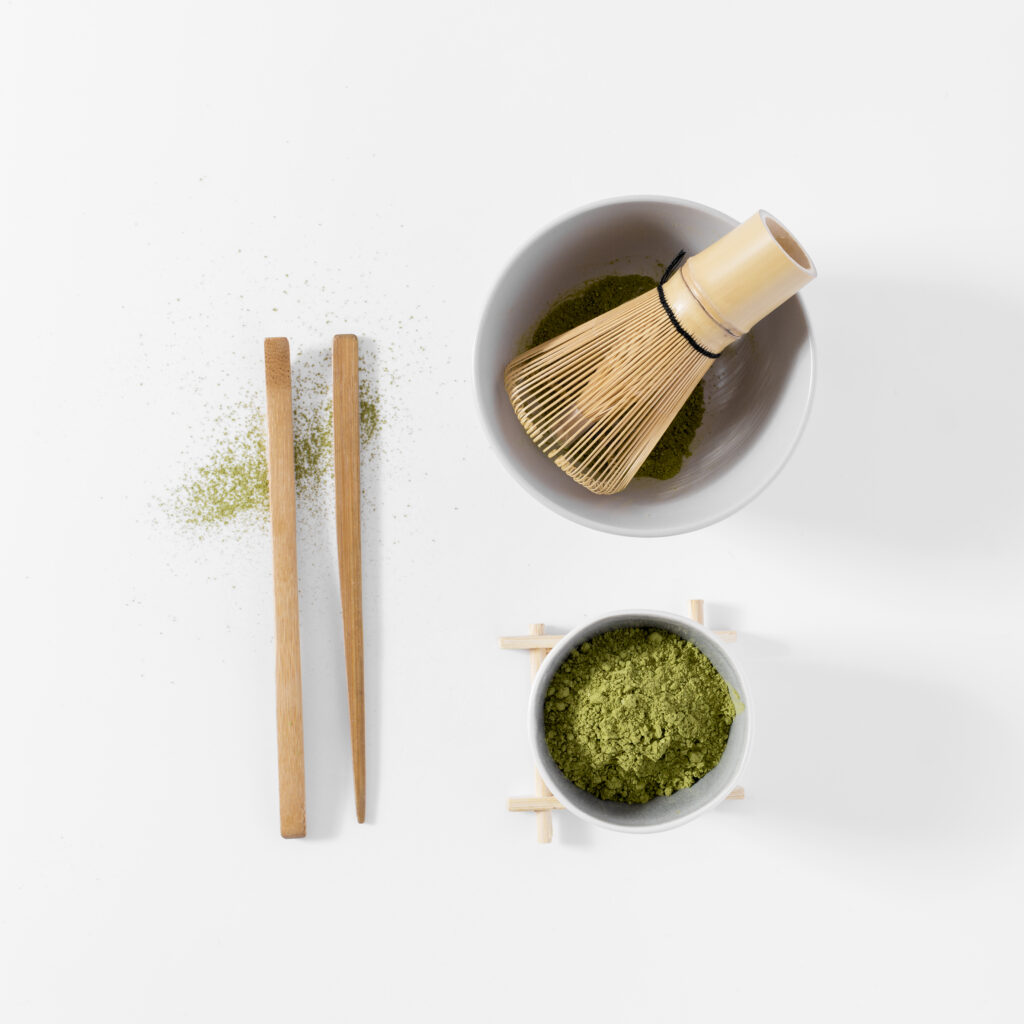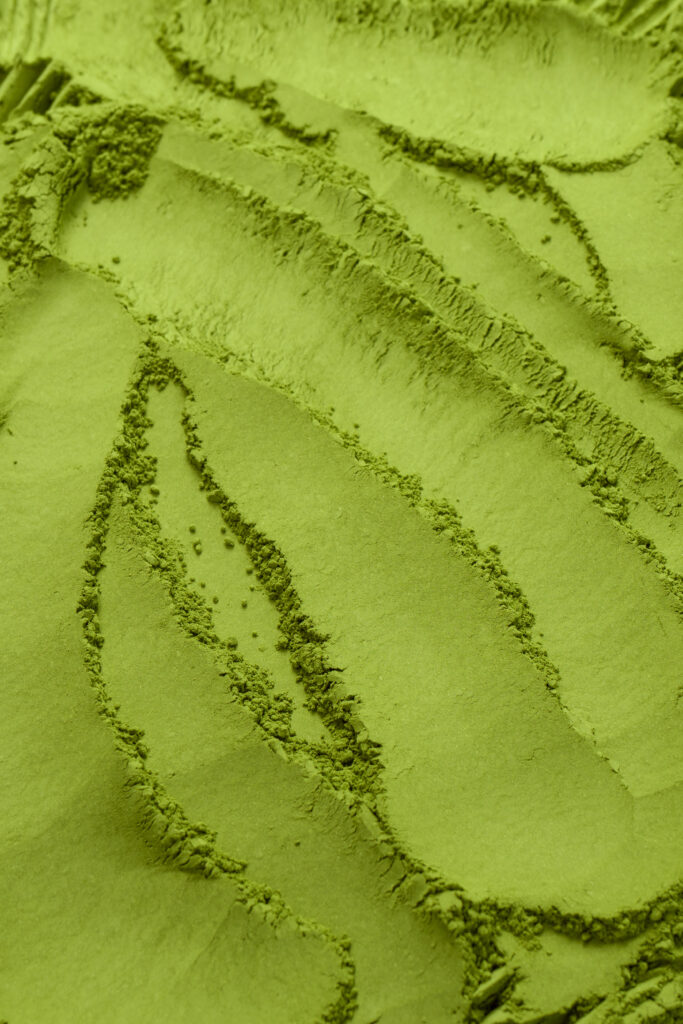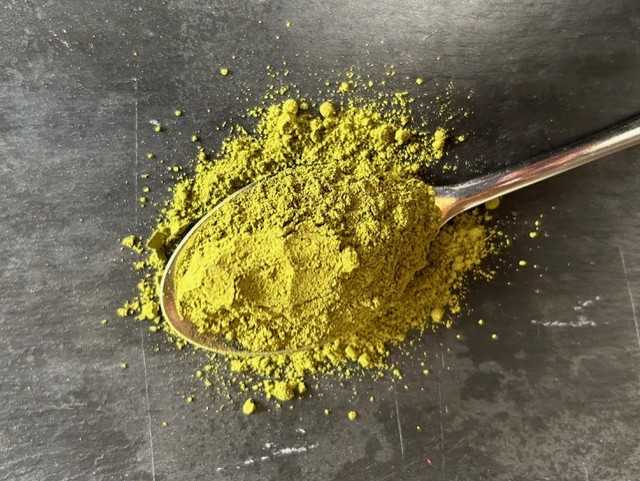Organic Ceremonial Matcha Powder: Benefits, Uses & What to Look For in Premium Quality
Found in: Slow Motion (Bone Health)
What Is Ceremonial Matcha?
Ceremonial Matcha is the highest grade of matcha green tea, made from the youngest, shade-grown leaves of the Camellia sinensis plant. These leaves are stone-ground into a vibrant green powder and traditionally used in Japanese tea ceremonies.
When labeled Organic Ceremonial Matcha, it means the tea is grown without synthetic pesticides or fertilizers, ensuring a pure, clean, and nutrient-rich product.
What Makes Ceremonial Matcha Different from Other Matcha?
| Feature | Ceremonial Grade | Culinary Grade |
| Color | Bright, vibrant green | Dull green or olive |
| Taste | Smooth, umami, slightly sweet | Bitter, grassy |
| Texture | Ultra-fine powder | Coarser |
| Use | Drinking (whisked in water) | Cooking, baking, smoothies |
✅ Key Insight: Ceremonial matcha is for sipping, not cooking. Its quality, flavor, and antioxidant profile are superior to culinary-grade matcha.



